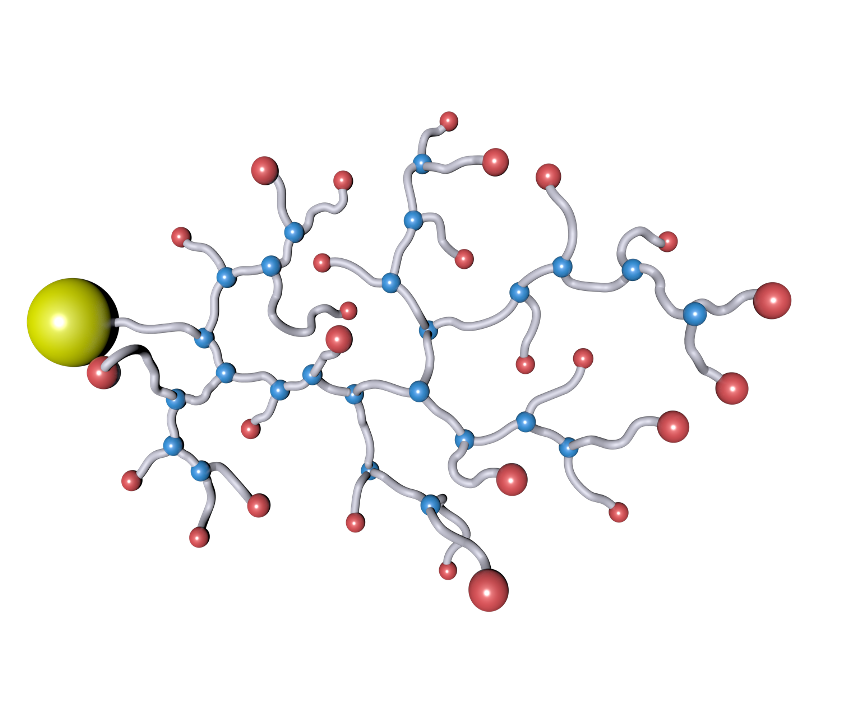Polymers in Building And Construction: Stronger, Less heavy, and Extra Sturdy
Polymers in Building And Construction: Stronger, Less heavy, and Extra Sturdy
Blog Article
Discovering the Varied Applications and Advantages of Polymers in Different Industries
Polymers, with their varied series of buildings and performances, have actually ended up being important in various industries, each reaping unique benefits from their application. Polymers. From improving safety and security and efficiency in the auto field to changing clinical tools in the medical care sector, polymers play a pivotal duty. In addition, their eco-friendly nature is modifying the landscape of sustainability techniques. As we explore the depths of polymers in electronic devices, we reveal innovative advancements, while their structural integrity changes the world of construction and infrastructure. The pervasive impact of polymers throughout industries is a testimony to their adaptability and versatility, shaping the future of many markets.
Automotive Sector Applications
Polymers play a crucial role in boosting the efficiency and sturdiness of various elements within the auto field. One famous use of polymers in the auto industry is in the production of lightweight elements.

Health Care Sector Benefits
In numerous medical care applications, the benefits of utilizing polymers are widely identified for their diverse series of helpful residential or commercial properties. Polymers play a vital duty in the medical care sector because of their adaptability, biocompatibility, and cost-effectiveness. Among the main advantages of polymers in health care is their ability to be tailored to details demands, such as versatility, durability, and biodegradability, making them ideal for a wide variety of clinical applications.
Polymer-based products are thoroughly used in medical devices, such as catheters, implants, prosthetics, and medicine distribution systems, because of their biocompatibility and capacity to simulate natural tissues. These materials can lower the danger of allergies or rejections, boosting individual security and outcomes. In addition, polymers are light-weight, making them ideal for wearable clinical devices and ensuring person comfort.
Additionally, polymers enable the growth of innovative therapy methods, such as hydrogels for cells design and nanocomposites for targeted medication distribution. Their ease of handling and sanitation makes them vital for keeping high requirements of health in healthcare setups. In general, the varied benefits of polymers contribute substantially to advancements in medical modern technology and person care.
Ecological Benefits of Polymers

In addition, polymers can description add to power financial savings due to their lightweight nature. In markets such as transportation, light-weight polymer materials can help decrease fuel consumption and greenhouse gas emissions. Furthermore, polymers can make it possible for the growth of energy-efficient items such as insulation materials that improve power preservation in buildings.
In addition, polymers play an important function in reducing water contamination. The use of polymer-based filtering systems can properly remove pollutants and impurities from wastewater, securing water sources and communities. On the whole, the ecological advantages of polymers make them important assets in advertising sustainability and environment-friendly practices across numerous markets.
Polymers in Electronics and Technology
Taking into consideration the boosting demand for ingenious and sustainable options in contemporary industries, the assimilation of innovative polymer innovations in the realm of electronic devices and innovation has actually emerged as a pivotal approach for driving effectiveness and performance. Polymers have changed the electronics industry by enabling the production of lighter, extra versatile, and sturdy digital devices. From smartphones to medical gadgets, polymers play an important role in improving item design and performance.
One significant advantage of polymers in electronic devices is their insulating residential or commercial properties, which aid secure delicate electronic parts from environmental aspects and electric interference. Furthermore, polymers are necessary in the development of versatile display screens, wearable technology, and printed electronic devices, offering unlimited possibilities for producing clever and interconnected devices.
Moreover, making use of polymers in electronic product packaging has brought about developments in miniaturization and thermal monitoring, boosting the overall performance and dependability of electronic systems. As innovation remains to advance, the flexibility and versatility of polymers will undoubtedly drive even more advancement in the electronic devices sector, shaping the future of technology.
Role of Polymers in Construction and Infrastructure
The combination of sophisticated polymer materials in construction and infrastructure Bonuses projects has transformed the way structures are made and built in modern times. Polymers provide various advantages in the construction industry due to their flexibility, sturdiness, and cost-effectiveness. One crucial function of polymers in building is their use in coverings and sealers, providing protection versus ecological aspects such as dampness, UV radiation, and deterioration. In addition, polymers are used in the manufacturing of light-weight and high-strength composite materials, enhancing the architectural stability of structures while minimizing general weight.
Furthermore, polymers play an essential duty in sustainable building and construction methods by enabling the advancement of energy-efficient structures. Insulating materials made from polymers aid regulate indoor temperature levels, decreasing the requirement for heating and cooling systems and eventually lowering power consumption. In addition, using polymer-based compounds in infrastructure jobs such as bridges and roadways improves their long life and decreases upkeep prices. Generally, the unification of polymers in construction and facilities displays their significant influence on modern design practices.
Final Thought
In conclusion, polymers play an essential role in numerous markets such as automobile, healthcare, ecological, electronic devices, and building. From enhancing gas performance in vehicles to enhancing clinical gadgets, polymers use countless benefits.
Report this page